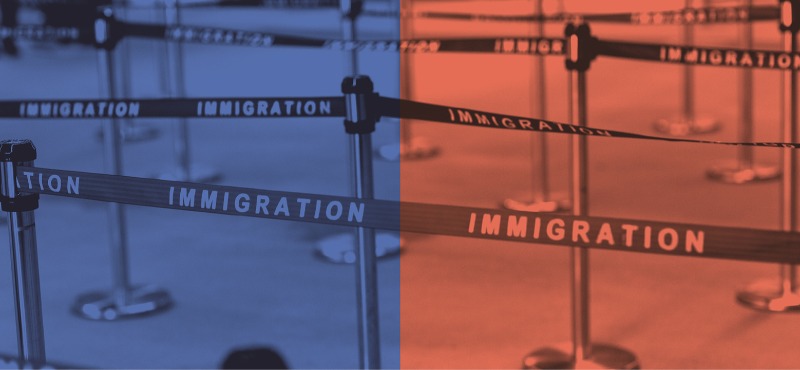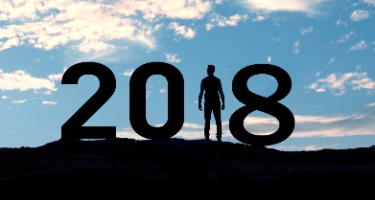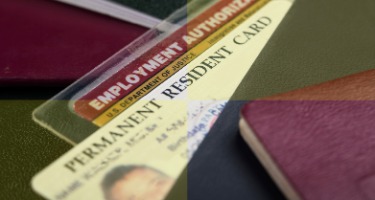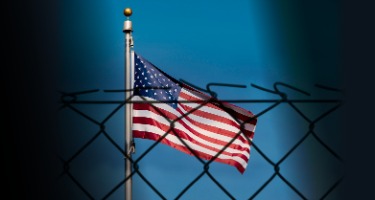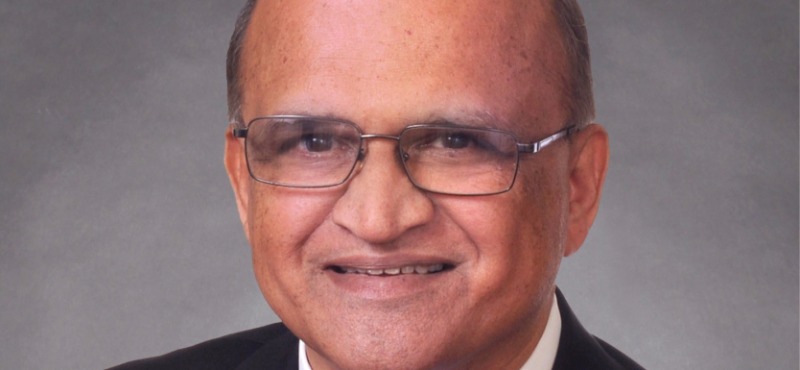In 1986, Congress passed the Immigration Reform and Control Act (IRCA).[i] Its purpose was to curb the hiring of undocumented workers and create new obligations on immigration worksite enforcement for employers. Since then, the United States Citizenship and Immigration Services (USCIS) has changed Form I-9 Employment Eligibility Verification several times. Moreover, case law has emerged due to fines imposed for paperwork violations and discrimination based on nationality.[ii]
Immigration worksite compliance is enforced on the premise that upon hiring an employee, the employer must accurately and fully complete USCIS Form I-9 and inspect supporting documentation within three days of hire. The employer must have some knowledge of the documents to be presented and should be cautious as to not discriminate based on national origin or citizenship. [iii]
Though the form is published by USCIS, it is Immigration Customs and Enforcement (ICE) that performs site inspection and audits. An investigator serves a Notice of Inspection (NOI) on the employer who is allowed at least three days to respond with the I-9s and other documents such as payroll, articles of incorporation, and other documents to the local ICE office. The documentation will be reviewed by an auditor, and the case will be assigned ICE counsel. If the employer receives a letter with the proposed fine, the immigration attorney should respond within 30 days of the date of the letter with a request for both a hearing and to enter into negotiations to lower the fine.
The Immigrant and Employee Rights Section (IER) enforces the anti-discrimination provision of the Immigration and Nationality Act (INA). The applicable statute prohibits employers from engaging in discrimination during, hiring, firing, recruitment, or referral for a fee; unfair documentary practices; and retaliation and intimidation due to citizenship status and national origin. [iv]
The employer should request documentation from all employees hired after the enactment of IRCA (November 6, 1986). They must allow the employee to choose which documents to present in order to comply with the sections on the form and not insist on additional documents. An employer must keep the I-9s on file, though there is no requirement to keep photocopies of documents except if the employer participates in E-Verify. However, if the employer does keep photocopies, they should be kept for all employees and not just selected ones.
The information indicated on Form I-9 is protected by a privacy component and subject to safeguarding as personally identifiable information (PII). The I-9 has personal employee information, such as name, address, date of birth, and social security numbers in some instances. Varying government agencies define PII differently. In fact, the Department of Homeland Security, Department of Labor, and Government Accounting Office have their own definitions.[v] If an employer participates in E-Verify, there is most certainly a PII issue. E-Verify requires a photo match of the immigration document and social security of the employee. In the event any I-9 forms are misplaced or lost, the data breach must be communicated to the employee. Therefore, employers must safeguard I-9s and any supporting documentation.
The 2017 USCIS Handbook[vi] provides guidance for forms kept electronically such as to limit access to authorized personnel, provide backup and recovery to protect against information loss, train employees to minimize risks in keeping electronic records, and ensure a procedure of recording access information when information is accessed.[vii]
Employers storing I-9 forms in paper format should follow best practices and ensure that documents are secure by keeping them separate from other personnel files in a locked cabinet with limited access by Human Resources personnel or the owner and a tickler system to destroy them after the retention period.
----------------------------
The employer has their work cut out for them, especially in the coming year. Employers should keep the USCIS Handbook handy and constantly refer to it. It is also important that the employer check the USCIS website for updated versions of the form I-9.[i] Immigration Reform and Control Act, Public Law 99-603 (Act of 11/6/86).
[ii] See this link for an example of case based on discrimination: www.justice.gov/opa/pr/justice-department-settles-immigration-related-discrimination-claim-against-pasco-washington
[iii] INA § 274b-Unfair Immigration-Related Employment Practices.
[iv]8 US Code § 1324b - Unfair immigration-related employment practices.
[v] www.dol.gov/general/ppii, www.gsa.gov/reference/gsa-privacy-program/rules-and-policies-protecting-pii-privacy-act
[vi] www.uscis.gov/sites/default/files/USCIS/Verification/E-Verify/E-Verify_Native_Documents/E-Verify%20Manuals%20and%20Guides/M-274-Handbook-for-Employers.pdf
[vii]Page 33: www.uscis.gov/sites/default/files/USCIS/Verification/E-Verify/E-Verify_Native_Documents/E-Verify%20Manuals%20and%20Guides/M-274-Handbook-for-Employers.pdf
----------------------------
With more than two decades of experience in U.S. Immigration and Nationality Law, Maria “Marisa” Casablanca represents corporate clients and individuals in obtaining immigration assistance and benefits. She is board certified in immigration and nationality law by the Florida Bar and was a member of the Florida Bar’s Certification Committee for Immigration and Nationality Law. She has also served on national liaison committees with USCIS and the Department of State. Clients seek Marisa’s reliable counsel on the full spectrum of immigration issues, including obtaining employment visas, investment and business-related visas, residency for foreign nationals, representing family members of permanent residents and U.S. citizens, and assisting those seeking asylum. She has developed an expertise in the EB-5 field of visas as one of the first Spanish speaking attorneys handling high net worth clients from Latin America.



